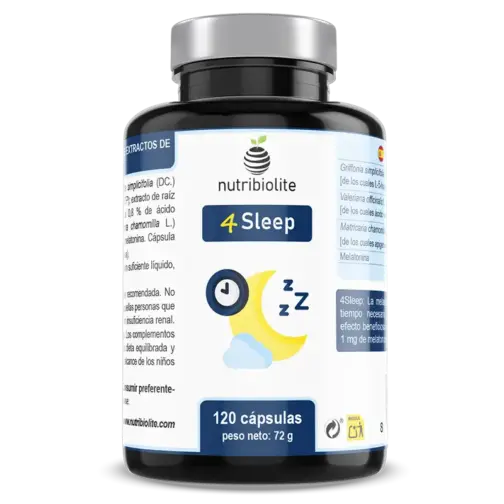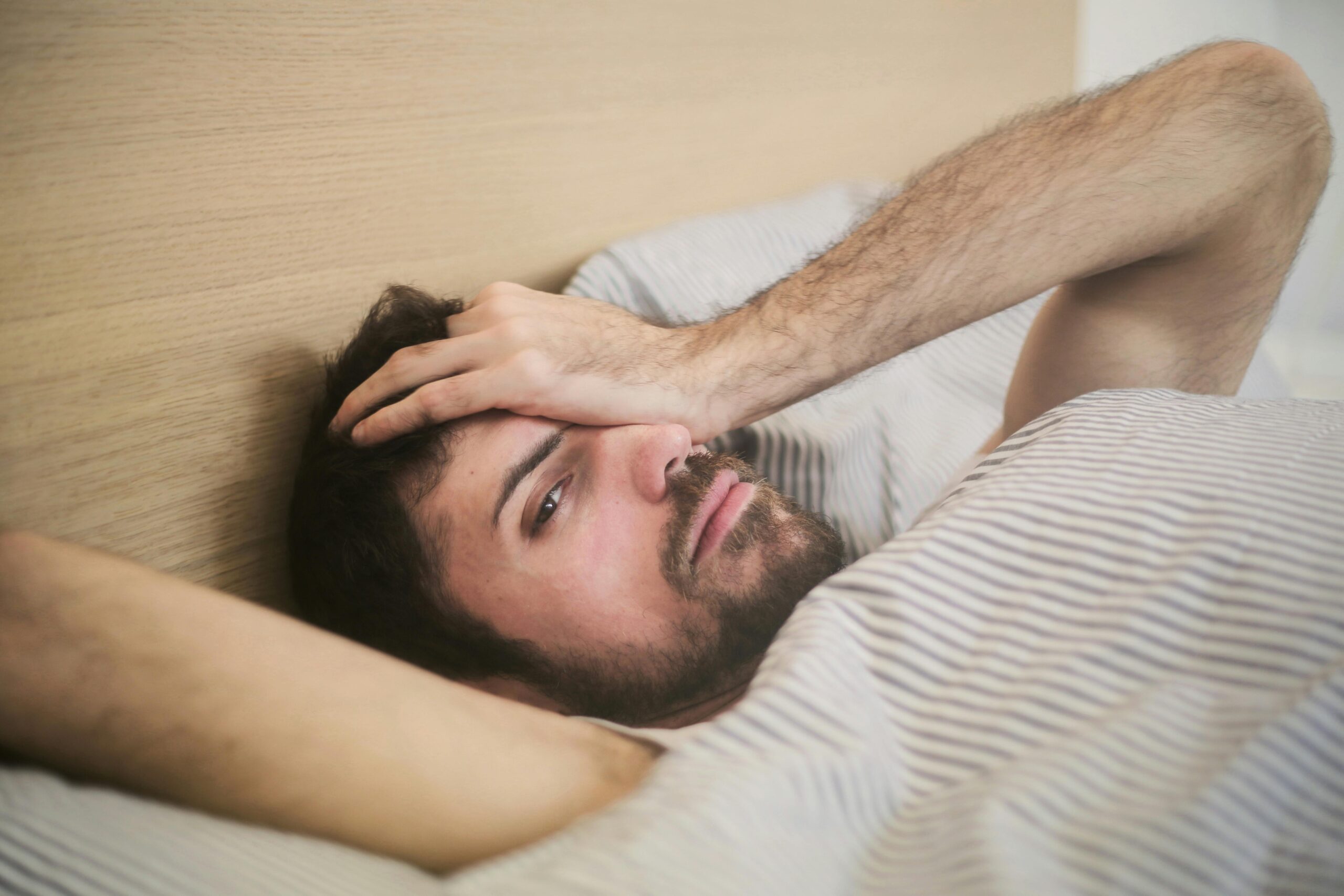A recent clinical trial conducted in Brazil and published in Revista da Escola de Enfermagem da U S P in 2024(study in Revista da Escola de Enfermagem da U S P 2024) explored how a cognitive-behavioural programme can reduce the impact of urinary incontinence after prostatectomy, improving not only daily life but also sleep and mood. The study included 34 men, divided between those who received standard care alone and those who added an intervention focusing on mental and behavioural techniques.
The results showed that participants in the intervention group experienced significant improvements in aspects such as physical limitations, social, emotional and especially sleep quality (p ≤ 0.001). Although this is a small and specific group, these data reinforce the central role that night-time routines and emotional balance have on our rest.
Taking care of mind and body to sleep better every night
Every day is different but we all need restful rest to restore energy. This study suggests that incorporating simple mental relaxation strategies or habit changes can alleviate everyday barriers to good sleep. Sleep quality is not just about the physical; it is also influenced by what we think about before we go to bed.
When worries lower their internal volume, the body responds more easily to enter into deep rest. That’s why little rituals at the end of the day, such as meditating for a few minutes or listening to soft music, can make a real difference to how we feel when we wake up.
The physiological sleep pathway: melatonin, serotonin and soothing plants
The sleep-wake cycle is orchestrated by molecules such as melatonin, a natural regulator of the biological clock. The internal production of melatonin is activated when ambient light falls, but can be altered by chronic stress, hormonal changes or age. From the age of 40 onwards, our levels tend to drop significantly.
Key nutrients are involved here: 5-HTP, derived from Griffonia, is a direct precursor of serotonin – a neurotransmitter associated with well-being – which is then transformed into melatonin at night. Plants such as valerian and chamomile provide relaxing compounds (valerenic acid and apigenin) that help prepare the mental and physical ground for a more stable rest.
Consistent night-time habits enhance physiological effect
Regular bedtimes, light meals and avoiding bright screens are simple gestures that send clear signals to the body to synchronise with the night. These small acts help internal mechanisms to function without external interference.
Adjusting your night-time routine helps to optimise the natural release of melatonin and increases the likelihood of enjoying a more restful sleep. When accompanied by foods rich in tryptophan (such as nuts or oats), the benefit can be even greater.

Melatonin 1 mg and 5-HTP with relaxing plants.
When does it make sense to use a supplement like 4Sleep?
At times when healthy habits are not enough – prolonged stress, long journeys or complex hormonal stages – an external aid consistent with our physiology can be useful. 4Sleep combines safe, standardised doses of melatonin (1 mg), 5-HTP, valerian and chamomile. In this way, it accompanies the body’s natural rhythms, supporting both the onset and maintenance of night-time rest without causing dependence or residual drowsiness.
Frequently asked questions about sleep, rest and responsible use of supplements
How should I take 4Sleep for best results?
Take one capsule approximately thirty minutes before bedtime with water. Always maintain a regular schedule to enhance its positive effects on your natural rhythm.
What is the difference between taking melatonin alone or using a combination formula such as 4Sleep?
While melatonin acts on the onset of sleep, integrated formulas add additional support thanks to ingredients such as 5-HTP, valerian or chamomile that contribute to a smoother transition to a restful sleep.
Does it cause residual drowsiness or a morning hangover?
Not if used as recommended. Its composition avoids common side effects associated with high doses or conventional pharmacological products.
Is it safe to combine it with other healthy night-time habits?
Yes, in fact it is advisable to accompany it with routines such as light dinners, a darkened environment or gentle exercise before bedtime to maximise its physiological efficacy.
Can it be taken for long periods of time?
You can use it for long periods of time if specific situations persist that alter your rest, always listening to the real needs of your body and consulting with health professionals if you have specific personal doubts.
This content is informative and does not replace the advice of a health professional.
















